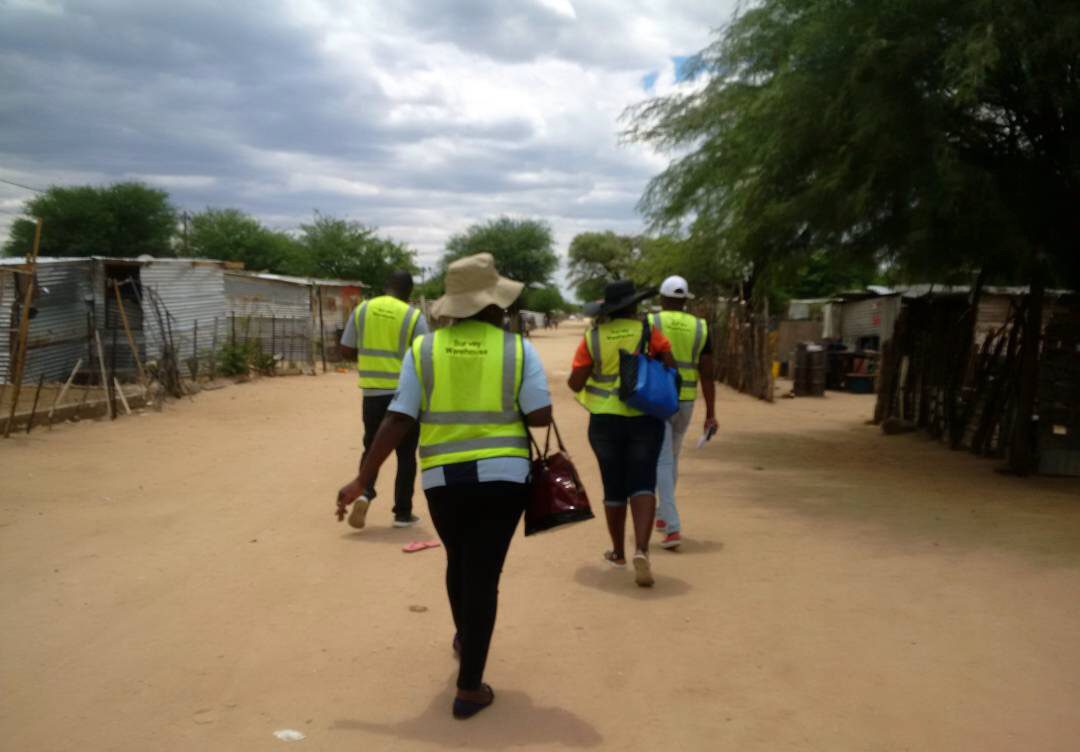Afrobarometer wishes to address recent inaccuracies in media coverage related to its Round 10 survey findings in Namibia.
Afrobarometer is a pan-African, non-partisan survey research network that provides reliable data on African experiences and evaluations of democracy, governance, and quality of life. Nine survey rounds in up to 42 countries have been completed since 1999. Round 10 surveys are currently underway. Afrobarometer’s national partners conduct face-to-face interviews in the language of the respondent’s choice. The Afrobarometer team in Namibia, led by Survey Warehouse, interviewed a nationally representative sample of 1,200 adult Namibians in March 2024. A sample of this size yields country-level results with a margin of error of +/-3 percentage points at a 95% confidence level. Previous surveys were conducted in Namibia in 1999, 2003, 2006, 2008, 2012, 2014, 2017, 2019, and 2021.
It is important to clarify that the Afrobarometer Round 10 survey is not an “election opinion poll,” as inaccurately stated in some media reports. Afrobarometer surveys focus on democracy, governance, and policy across Africa. The collected data aim to provide insights into citizens’ views on these critical issues, not to predict electoral outcomes.
The claim that this survey is “a first of its kind” is also incorrect. Afrobarometer has been conducting surveys since 1999, with 10 rounds completed in Namibia as of March 2024. Each round builds on the previous ones, offering valuable data that track changes in public opinion over time.
We are also concerned about reports that have presented survey data without including vital details on the sampling strategy and margin of error. For example, with a sampling margin of error of +/-3 percentage points at a 95% confidence level, the reported support for various opposition political parties should be seen as statistically indistinguishable. Omitting this context leads to misleading conclusions, such as the erroneous claim that one party will overtake another as the official opposition based solely on our survey results.
We understand that interpreting survey data can be complex, and we appreciate the diverse perspectives that contribute to public discourse. However, it is important that interpretations of Afrobarometer’s findings are informed by a thorough understanding of the methodology and context, as detailed in the Afrobarometer Summary of Results report. This approach helps ensure that the public receives an accurate and balanced view of the findings.
We also recognise that political leaders may have varying reactions to survey data, but it is crucial to present these findings accurately and in the appropriate context. This includes clearly communicating the nature of the research, providing context for the findings, and ensuring that critical methodological details are conveyed effectively to the public.
Afrobarometer remains committed to transparency and accuracy in its work and welcomes constructive engagement with the media. We encourage journalists and media outlets to reach out to us with their questions or access our detailed reports and Summary of Results, which are available free of charge on our website, to ensure that the public is well-informed about the state of democracy, governance, and policy in Namibia and across Africa.
For more information, please contact:
Survey Warehouse, Christie Keulder
Telephone: +264 81 1291511 or Email: c.keulder@surveywarehouse.com.na
Visit www.afrobarometer.org

